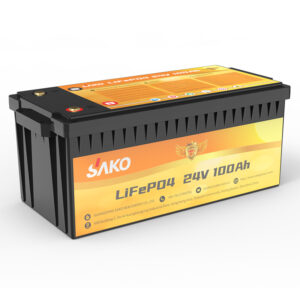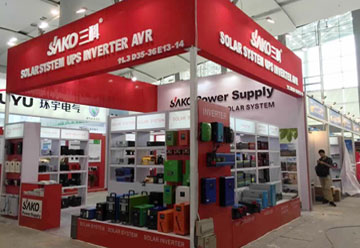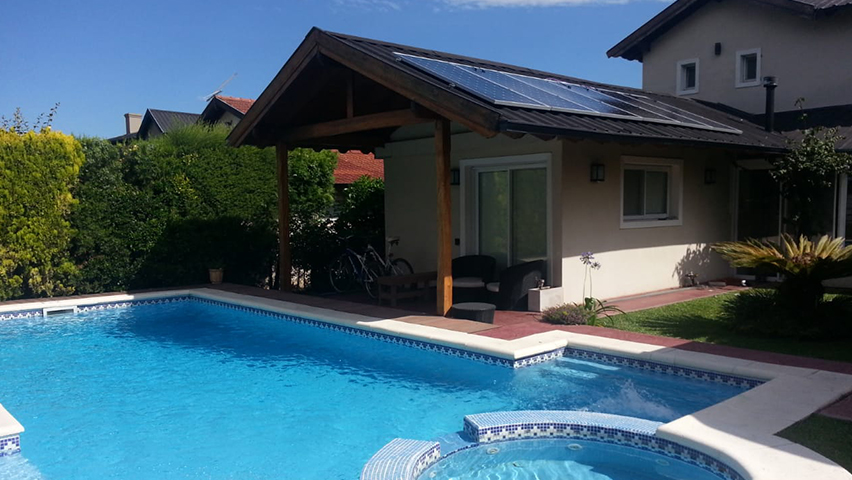Here are some things to keep in mind if you own a lithium battery inverter. Although lithium battery inverters aren’t a brand new concept, they’ve been widely adopted in recent years due to their many advantageous properties. About the lithium battery problem, what do you need to know?

What is a lithium battery?
Lithium batteries are a specific subset of rechargeable batteries in which lithium ions serve as the principal electrochemical energy storage units within the cells. Because of their high energy and power densities and rapid recharging times, lithium batteries are widely employed in portable electronics. They have a long shelf life, can be discharged and charged repeatedly without losing performance, and can provide substantial bursts of power, making them ideal for use in home inverters.
Why use lithium batteries?
You may be unsure about what kind of battery is ideal for use in a home inverter. Lithium batteries provide many benefits over ordinary lead-acid batteries, which are another choice. The following are some of the benefits of using a lithium battery:
Lighter and smaller than lead-acid batteries, lithium ones are more convenient to carry about.
Lithium batteries can store more energy before needing to be recharged than their lead-acid counterparts can.
Since lithium batteries last longer than standard lead-acid batteries, you won’t have to replace them as frequently.
Safety guide
There are a few precautions you should take while using lithium batteries in your inverter. Some things to keep in mind are:
When using an inverter and a battery, you must familiarize yourself with the equipment’s instructions.
Never overload your battery and always use a clean, well-fitted charger.
Keep your inverter and batteries far from any open flames.
Conclusion
There’s a good reason why lithium-ion batteries have made such an enormous influence on the world of electricity in recent years. They are efficient, effective, and powerful. Do get in touch with SAKO if this seems interesting to you.






